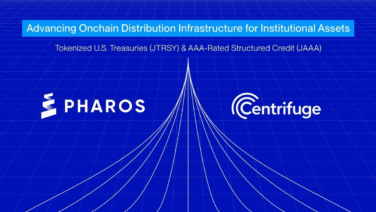- Tether said that it had a KYC procedure, a mechanism to monitor transactions.
- The firm said that their evaluation process for customers does not stop at onboarding.
The USDT stablecoin’s developer, Tether, has revealed letters it sent to lawmakers in the US, in which it responds to demands for the DOJ to step in over illegal USDT transactions.
On November 16 and December 15, the messages were addressed to members of the United States House Financial Services Committee and the U.S. Senate Committee on Banking, Housing, and Urban Affairs, outlining “Tether’s commitment to fighting illicit use of stablecoins.”
Moreover, Senator Cynthia Lummis and Representative French Hill encouraged the Department of Justice (DOJ) to thoroughly assess the level of material assistance and resources provided by Binance and Tether to support terrorism in October. These demands are being countered by the letters.
Proactive Approach
Following Hamas’s coordinated assault on Israel on October 7, legislators made the statements, implying that the terrorist group’s funding came in part from illegal cryptocurrency transactions. Tether said in its answer that it had a KYC procedure, a mechanism to monitor transactions, and a “proactive approach” to find questionable accounts and activity.
Furthermore, Tether said that their evaluation process for customers does not stop at onboarding. They assert that they employ surveillance monitoring techniques to continue tracking client activities. Tether specifically gets information on secondary market risk and makes use of Chainalysis’s Reactor tool.
In order to keep tabs on blockchain activities, several government agencies in the United States rely on these top-tier monitoring solutions.
Tether also announced on December 9 that it had begun a voluntary policy of wallet-freezing, providing secondary market controls to halt transactions involving individuals on the US OFAC Specially Designated Nationals (SDN) List, who are subject to sanctions.
Highlighted Crypto News Today:








